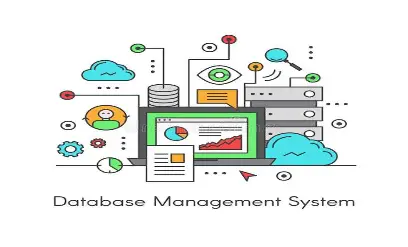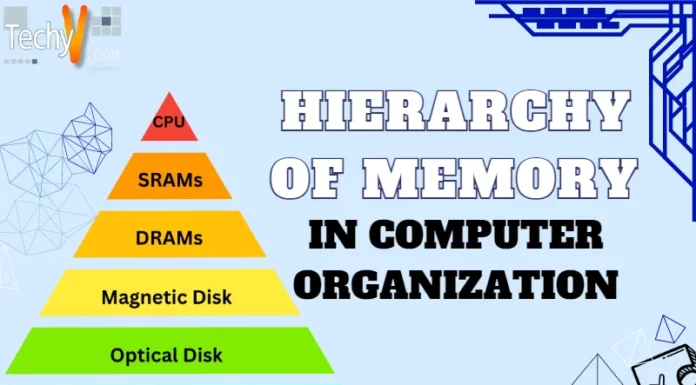A database management system (DBMS) is a collection of programs that allow data access, retrieval, and use while implementing appropriate security measures. The database management system (DBMS) is useful for improving data integration and security. Databases are data warehouses that can store massive amounts of interconnected data. In commercial applications, common examples include inventory data, employee data, etc. A database management system (DBMS) allows databases to be created, managed, and used. It functions as an intermediary layer between the programmes that want to access the actual data. As a result, before accessing the Database, programs must first access the DBMS.
1. Reducing Data Redundancy
Multiple files are stored in many different locations within a system or across multiple systems in file-based data management systems. As a result, there were sometimes multiple copies of the same file, resulting in data redundancy. This is avoided in a database because there is only one database, and any change is immediately done. As a result, there is no risk of encountering duplicate data or files.
2. Data Sharing
The primary benefit of database management systems is data sharing. A database management system (DBMS) allows users and applications to share data with other applications and users. Data is store in one or more network servers, and a software locking mechanism prevents two people from changing the same set of data simultaneously, and the file system does not have this system.

3. Data Security
When it comes to any data, everyone wants security, and Data Security is a critical concept in a database. Only authorized users should access the database, and their identities should be verified with a username and password. Under no circumstances is an unauthorized user permitted to access the database, as this violates the integrity constraints.
4. Data Searching
Another amazing feature of DBMS. In DBMS systems, searching and retrieving data is a breeze. The need to write separate programs for each search eliminates, as with a traditional file-based approach. We can use DBMS to write small queries that search for multiple pieces of information from DB servers simultaneously.

5. Data Consistency
As previously stated, DBMC ensures data redundancy, resulting in no data consistency. All data appears consistently throughout the database, and the data is the same for all users who view the database. Furthermore, any changes made to the database reflects immediately to all users, and no data inconsistency exists.
6. Productivity Of The End User
Deploying a database management system will increase user productivity, assuming positive end-user adoption. Data management systems enable End-User to make quick and informed decisions that contribute to an organization’s long-term success or failure.
7. Ease Of Application Development
DBMS handles many data-related issues, such as concurrent access, security, data integrity, etc. As a result, when a programmer creates an application, they can explicitly focus on the user’s needs. This greatly simplifies the process of developing applications. As a result, database management systems both systematize and secure data storage. Because of their numerous advantages over traditional file-based data storage systems, they are widely used in both large and small organizations.

8. Data Access, Backup, And Recovery
In the traditional file-based approach, it could take hours to find very specific information that is needed in the context of a business emergency. In contrast DBMS reduces this time to a few seconds. Because of the built-in searching operations, we can write small queries that will search the database for you and retrieve the information as quickly as possible. Another benefit of DBMS is that it provides a solid framework for data backup; users do not have to back up their data on a regular and manual basis; DBMS handles this automatically. Furthermore, DBMS restores the Database to its previous state in the event of a server crash.

9. Quick Decision Making
There are numerous benefits to using DBMS. Better data management systems and procedures result in higher quality information. A database management system contributes to creating a framework for data quality initiatives. As a result, higher-quality information allows an organization to make better, faster decisions.

10. Data Independence
Data independence refers to separating a data structure from the application program that uses it to access it. In a DBMS, the database and the application are typically kept separate, with the DBMS as a bridge between them. This is a significant benefit because it allows you to easily change the database structure without disturbing the application program.























